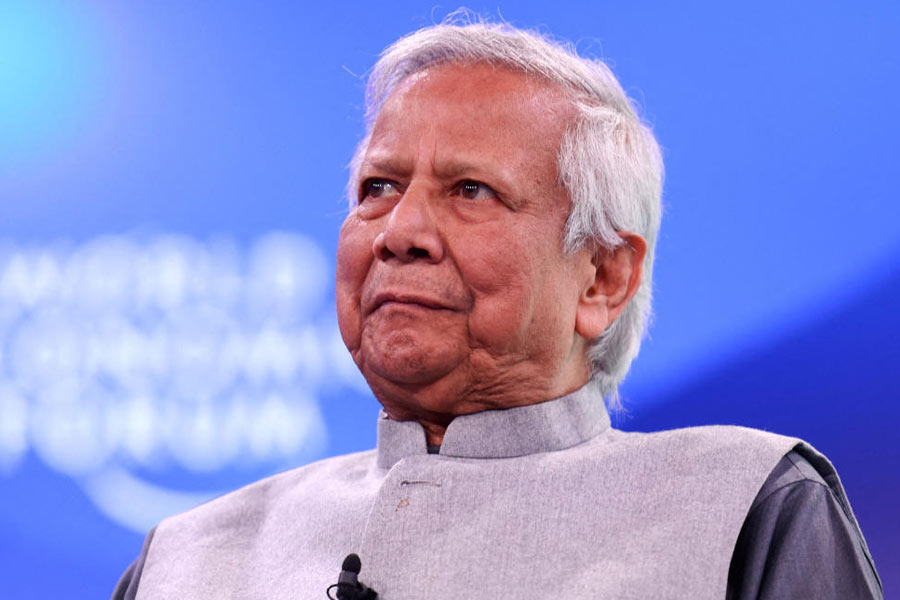 |
| Naipaul in his younger days |
Darkness piling up in the corners
defying the soulless moon ...
it is neither today’s tomorrow
nor is it tonight’s last night
but now
and forever
and you are scared
for this is forever
and this is death
and nothing
and mourning.
This is V.S. Naipaul’s first poem, Two Thirty A M, written as “an adolescent cry of pain” when the future Nobel Prize winner was only 18. It also happens to be his only poem.
The poem, along with four short stories and a radio play, written by Naipaul when he was a struggling young man fighting to get out of the literary ghetto of Caribbean writers in London, has been uncovered by his biographer, Patrick French, within the massive but well-recorded archives of the BBC.
French observes that “although these stories lack the technical skill of Naipaul’s early novels, they offer a crucial bridge in our understanding of his development as a writer”.
Although French was selected by Sir Vidia and his wife, Nadira, to be his official biographer, he stresses he is also “independent”. French turned down an Order of the British Empire last year because the honour contains the word “empire”.
French discloses that Naipaul lodged his papers in a London warehouse in the 1970s when he first began to be talked about as a possible Nobel Prize winner.
“When he came to retrieve them a few years later they were gone, incinerated accidentally because of an administrative error,” says French. “Anything not already in print had disappeared forever. Although this destruction may not match the burning of the library at Alexandria in its importance, it was a substantial literary loss.”
Realising that after leaving Oxford Naipaul had worked for Caribbean Voices, a BBC Colonial Service programme for aspiring writers from the West Indies, French delved into the corporation’s archives, and struck it lucky. He jokes that the BBC, “like the Stasi (the Rumanian secret police), was good at record-keeping”.
Apart from the poem, French found Naipaul’s teenage output — two short stories, called This is Home, based on the harsh realities of life in Port of Spain, Trinidad, the island of his birth, and Potatoes, the story of a young widow.
On This is Home, French has this to say: “Like the poem, the story is ponderous and laden with uneasy symbolism. Yet it contains key themes — dislocation, poverty, homelessness and the relationship between men and women — that Naipaul would take up a decade later in his famous novel A House for Mr Biswas.”
Naipaul joined the BBC’s Caribbean Voices, which offered a home to gifted West Indian writers. The disadvantage was that this also locked them into a racial ghetto, which frustrated Naipaul who had ambitions of becoming a writer of world renown.
“When Naipaul tried to get a traineeship in another part of the BBC, he was told that he would be unsuitable,” it is revealed. “Up before an interview panel, he remembers, ‘they were sniggering as I entered. I said I wanted to do some features, and they roared with laughter as though I had said I wanted to write the Bible’.”
He wrote two more short stories, Old Man, about a Chinese family, and A Family Reunion, which was broadcast a few months after the death of Naipaul’s father, Seeperasad, who had also worked for Caribbean Voices.
French says in today’s Sunday Times that “the most entertaining lost manuscript is a radio play called B Wordsworth, which tells the story of a Trinidad chancer and poet, Black Wordsworth (‘White Wordsworth was my brother. We share one heart’) and his relationship with a young boy and his mother. It was adapted from a chapter in Naipaul’s then unpublished novel Miguel Street, and the parts were taken by Gordon Woolford, Errol John and Andrew Salkey, prominent figures in London’s West Indian literary scene, while Vidia Naipaul himself played the role of the narrator”.
French expresses surprise that despite the millions of words that have been written about Naipaul, no academic had previously thought of examining the archives of the BBC. “Naipaul, who eventually won the Nobel Prize in 2001, is widely regarded as Britain’s best living writer. His books, such as A Bend in the River, Guerrillas and The Enigma of Arrival, have shaped our understanding of the modern world,” he comments.
French showed the lost poem to Naipaul a couple of months ago. “It was as if he had seen a ghost,” says French. “Visibly moved, he said to me that Two Thirty A M had been written at a time of childhood despair, and commented, ‘I never wrote another poem’.”
By the early 1960s, his reputation had built up to such an extent that when the BBC offered him 80 guineas (a guinea was one pound and one shilling) for a script on India, his agent responded that “Mr Naipaul considers this offer an insult”. The revised offer of 120 guineas was accepted. French adds that Naipaul had established he was “a tricky customer”.










